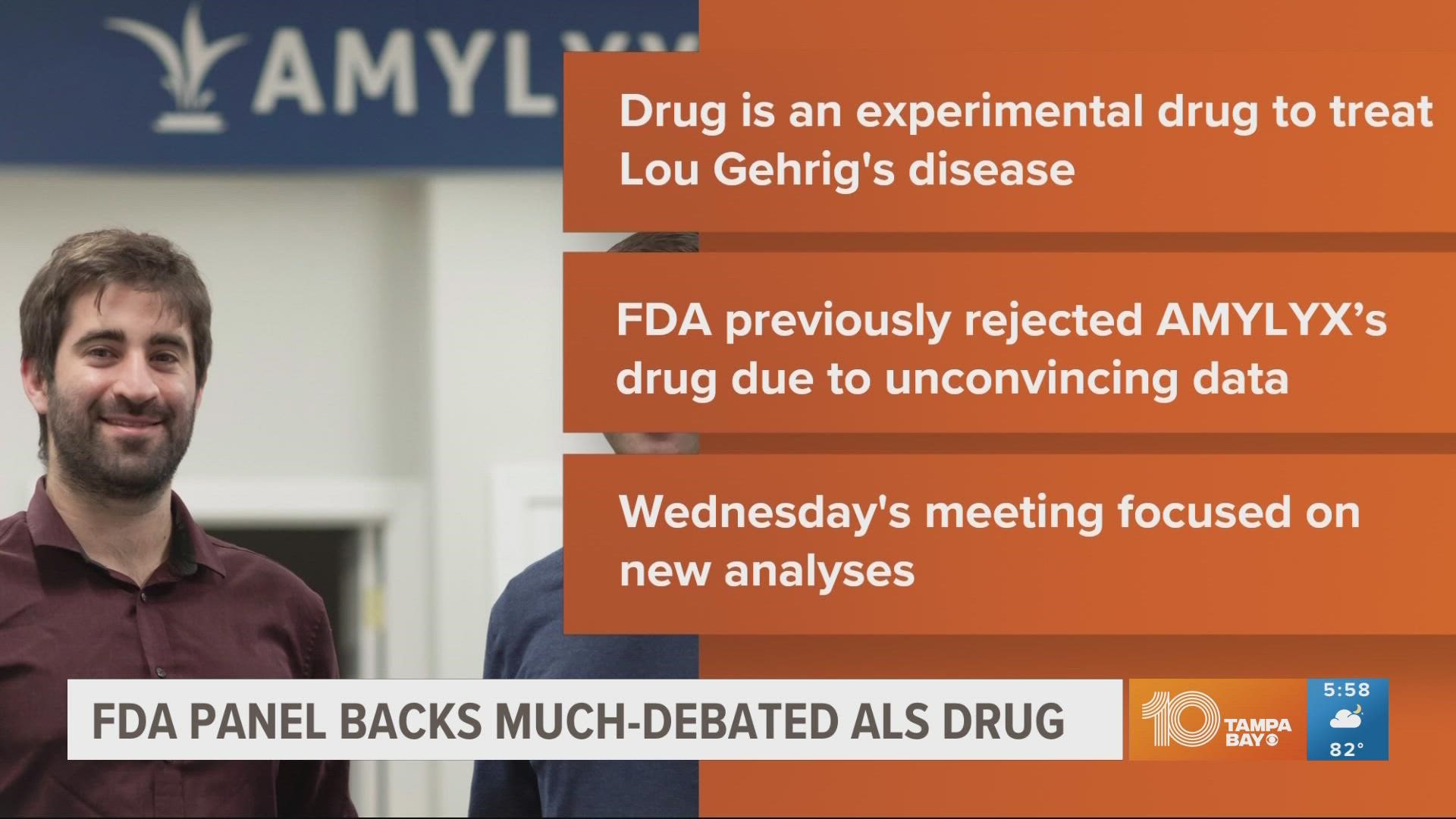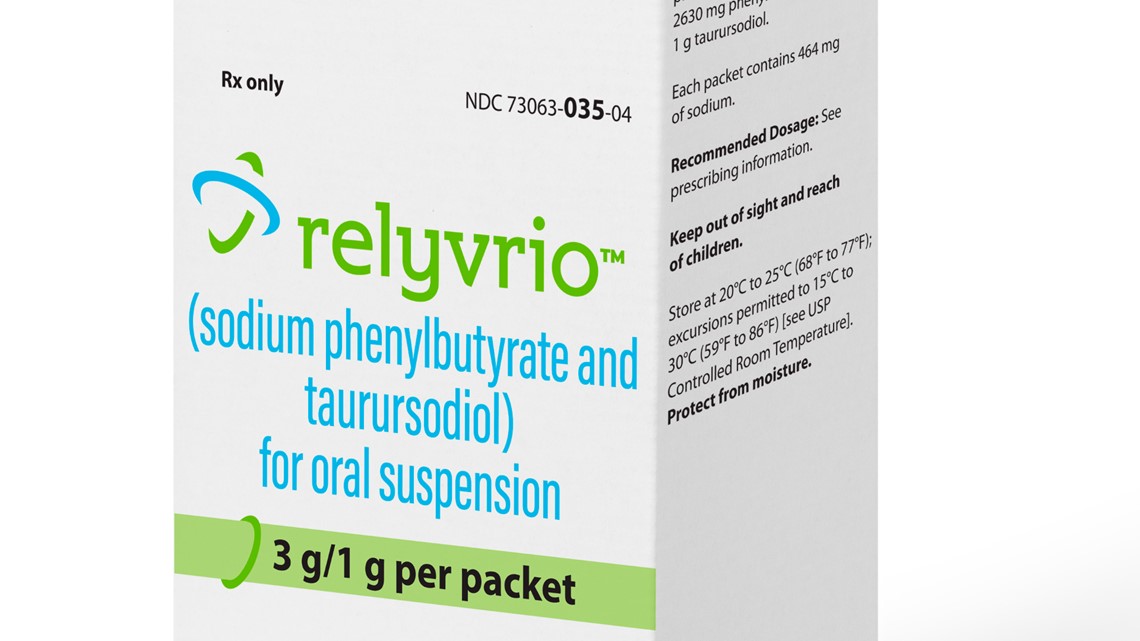Amylyx Pharmaceuticals, the maker of Relyvrio, a drug intended to treat Lou Gehrig’s disease (amyotrophic lateral sclerosis or ALS), announced on Thursday its decision to pull the medication from the market. This move comes after the drug failed to demonstrate efficacy in a large clinical study, marking a significant setback for ALS patients and advocates.
:max_bytes(150000):strip_icc()/relyvrio-credit-Amylyx-Pharmaceuticals-d5ab86a7fdf84d65b8f54eed10a94ee8.jpg)
A Difficult Decision: Voluntary Withdrawal and Patient Support
In a statement, the company’s co-founders expressed the challenging nature of the decision, emphasizing their commitment to the ALS community. Amylyx Pharmaceuticals will cease sales and marketing of Relyvrio in the United States and Canada, discontinuing access to new prescriptions. However, existing patients currently undergoing treatment with the drug will have the option to enroll in a program to receive it free of charge, ensuring continuity of care for those already benefitting from the therapy.
Impact on Patients and Company Restructuring
The withdrawal of Relyvrio from the market leaves only three ALS medications available to U.S. patients, underscoring the urgent need for effective treatments in combating this devastating disease. Amylyx Pharmaceuticals also announced plans for a significant restructuring effort, with a 70% reduction in its workforce. Despite this setback, the company remains committed to advancing research and development, particularly focusing on an experimental drug for rare diseases like Wolfram syndrome.
FDA Approval and Clinical Trial Results
The approval of Relyvrio by the Food and Drug Administration (FDA) in September 2022 was met with optimism from ALS patients and advocates. However, the drug’s failure to demonstrate meaningful clinical benefits in a subsequent large-scale trial led to its voluntary withdrawal from the market. The FDA faced a regulatory dilemma, as the drug had received full approval based on preliminary data, highlighting the challenges of evaluating treatments for life-threatening conditions with limited therapeutic options.
The approval process for Relyvrio was characterized by regulatory flexibility, given the urgency of addressing the substantial unmet medical needs of ALS patients. However, the decision to grant approval based on preliminary evidence ultimately resulted in disappointment for patients and the broader ALS community.

Lessons Learned and Future Research
The withdrawal of Relyvrio underscores the importance of rigorous clinical evaluation and transparent regulatory decision-making in the development of treatments for debilitating diseases like ALS. As researchers and pharmaceutical companies continue to explore innovative therapies, there is a pressing need for robust evidence to support the efficacy and safety of new interventions. Despite this setback, the ALS community remains resilient and united in its pursuit of effective treatments and improved quality of life for patients facing this formidable disease.
